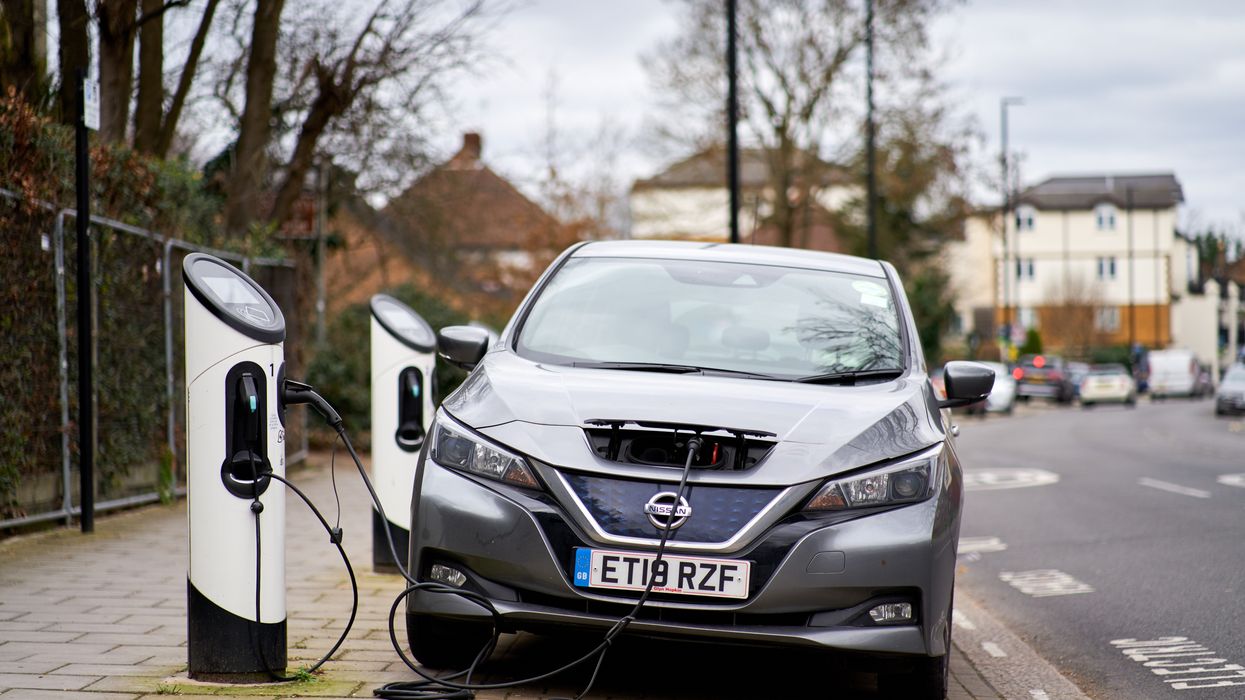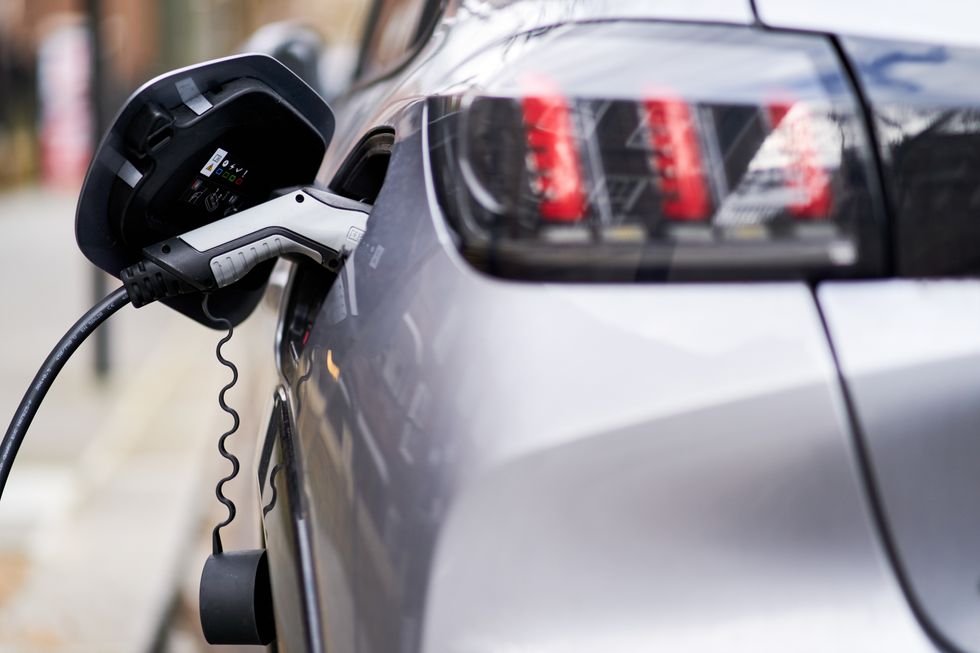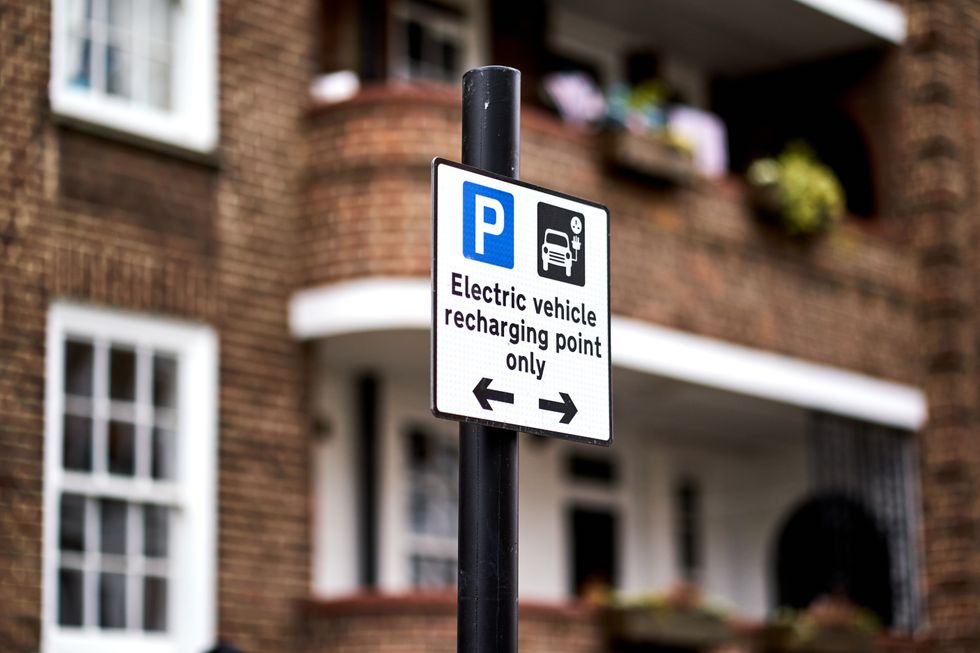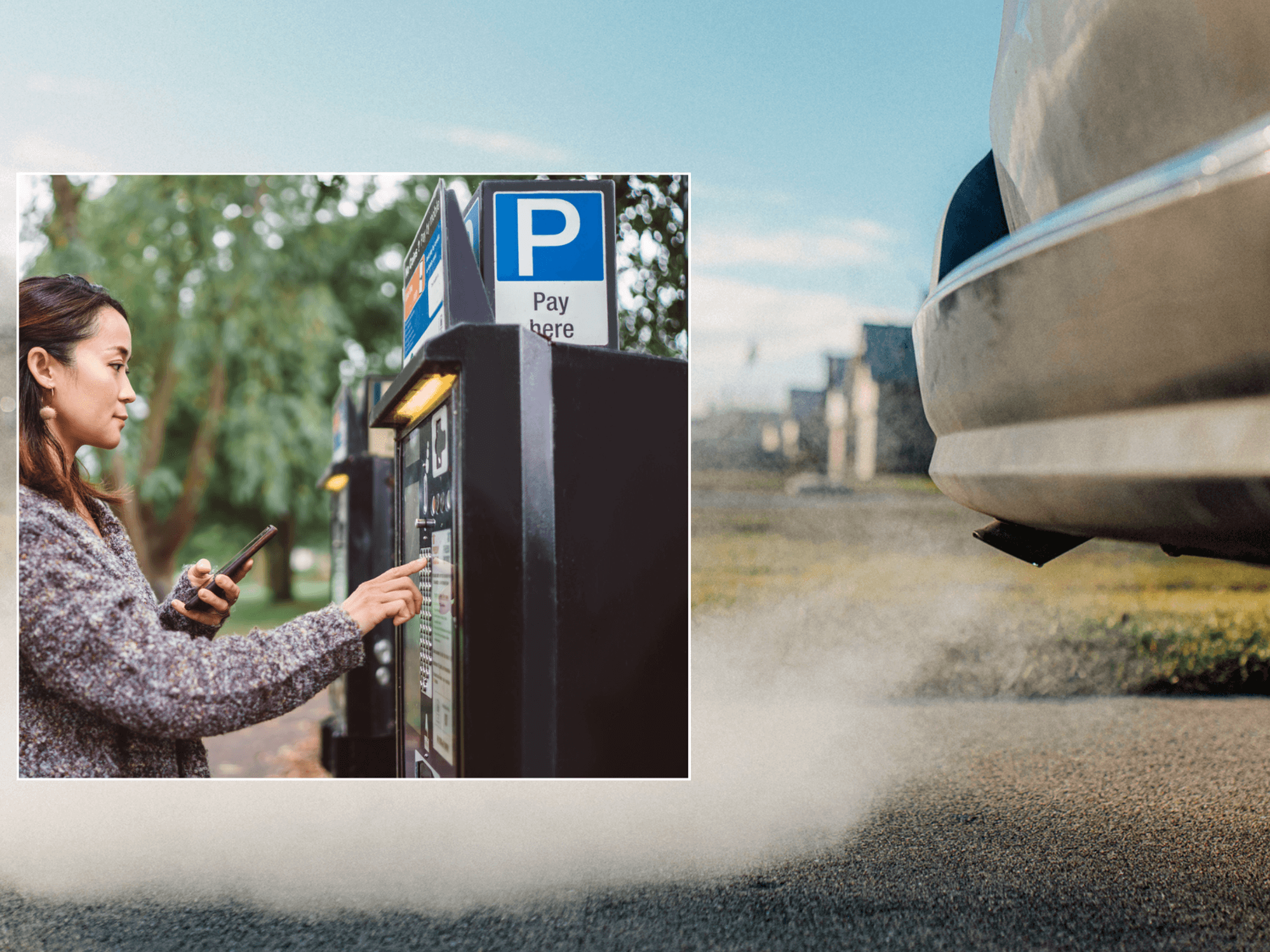Electric car inquiry finds 'key issues' in EV rollout plans before 2030 petrol and diesel ban

The Government aims to have 300,000 chargers by 2030
|PA

The inquiry is looking to hear views on the national infrastructure of EV chargers
Don't Miss
Most Read
Today, September 15, marks the final day of Parliament’s inquiry into electric vehicles, which sought to understand how the 2030 petrol and diesel sales ban would materialise.
In August, the Environment and Climate Change Committee launched an inquiry to see what the main obstacles and barriers to meeting electric vehicle targets are.
It also looked to understand the costs and benefits of the 2030 deadline, with the inquiry looking into how the Government was progressing with plans to decarbonise transport.
Speaking at the time, Baroness Parminter, Chair of the Environment and Climate Change Committee, said they were seeking views of the public and industry to get the widest possible scope.

The inquiry was launched last month by the Environment and Climate Change Committee
|PA
She added: “I am particularly pleased that this inquiry will be the focus for our Youth Engagement Programme, and I look forward to working with the successful schools and colleges as the inquiry progresses.”
The aim of the inquiry was to hear the opinions on a range of topics including any issues with the national and regional infrastructure and charging problems.
Many drivers have bemoaned issues with charging their EVs in public, with data showing there are almost 50,000 electric car charging points across the UK.
The Government is aiming to have 300,000 EV chargers installed by 2030 to meet the demand necessary to cope with demands with uptake of electric cars.
Hayley Pells, Policy and Public Affairs Lead of the Institute of the Motor Industry (IMI), responded to the inquiry, saying that there has already been significant investment from individuals and businesses.
She said: “The response from the IMI is based on the professional body’s specific focus on skills, and the unintended consequences of a possible trust deficit between automotive sector professionals and the Government should the deadline be moved.
“We have, therefore, highlighted a number of key issues for consideration by the committee.
“Policies like the 'Electricity at Work Regulation' and the emphasis on Continuous Professional Development (CPD) have set high standards.”
The IMI has warned that any amendment to the planned phase-out date of petrol and diesel vehicles could have major impacts across the industry.
It could potentially lead to disillusionment among professionals, delay investment and potentially result in high costs further down the line.
Hayley Pells continued, saying: “However, if the anticipated growth in the EV sector doesn’t materialise, professionals may find their skills underutilised, leading to potential career stagnation.
“The obligation to CPD also places a financial strain on the skilled community without the anticipated return on investment (ROI) to support it.
LATEST DEVELOPMENTS:

Responses to the inquiry can be submitted until 5pm on September 15
|PA
“If the dates are extended, Government would need to consider how this obligation could be borne by the skilled professional community.”










